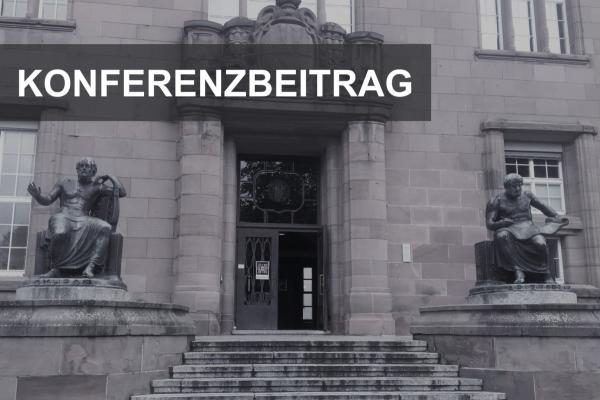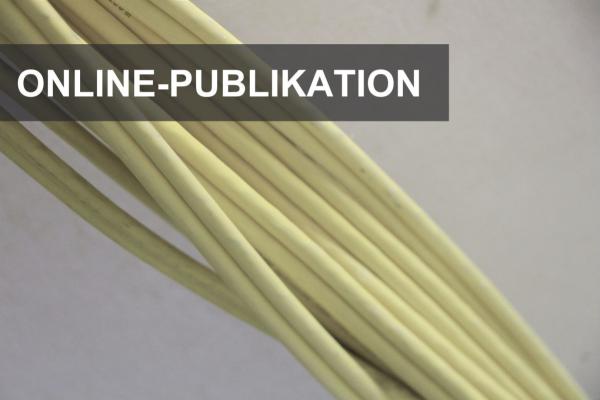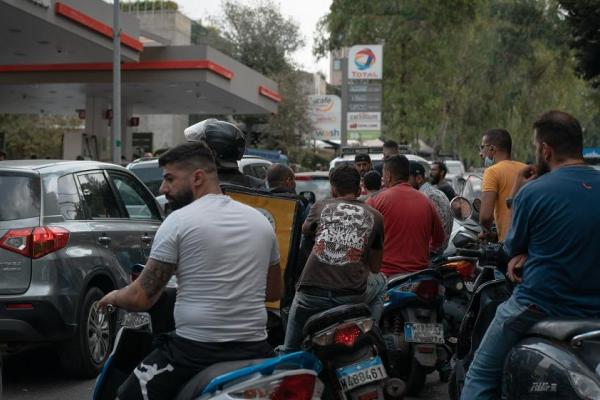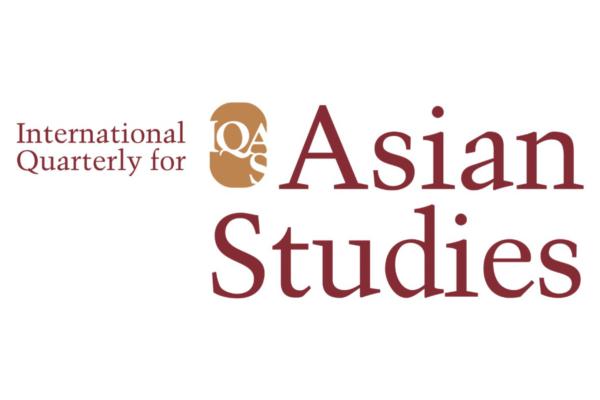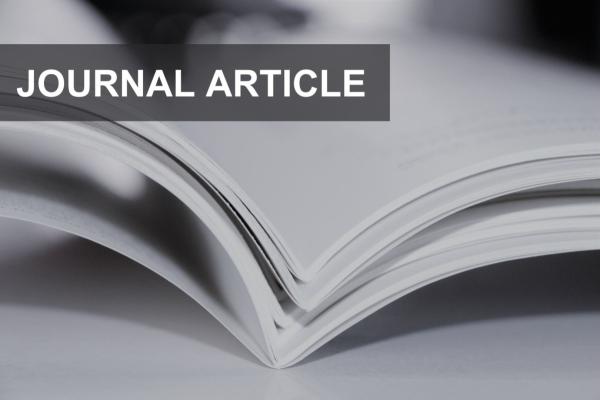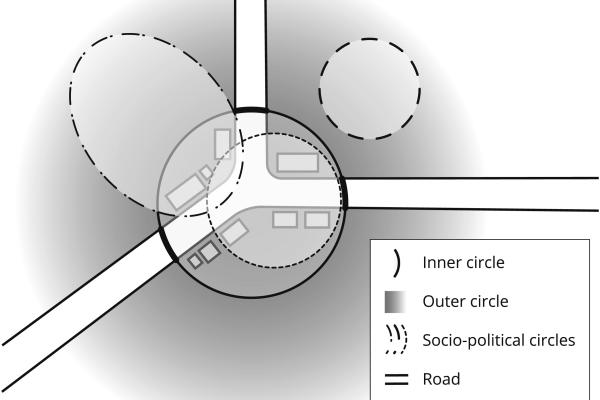Wissenschaftliche Publikationen
Das Arnold-Bergstraesser-Institut (ABI) veröffentlicht seine wichtigsten Forschungsergebnisse in hochrangigen referierten Zeitschriften, in renommierten Buchreihen sowie in Publikationen, die ein breites Publikum ansprechen - vollständige Auflistung unten. Die hauseigene Working Paper-Series (mit in-house peer review und language editing) unterstützt dieses Vorhaben. Mit dem International Quarterly for Asian Studies (vormals Internationalen Asienforum) publiziert das ABI eine wichtige referierte Open-Access-Fachzeitschrift der Asienforschung.
Eine vollständige Liste der Publikationen findet sich im aktuellen Jahresbericht.
- Monografien & Herausgeberschaften der ABI-Mitarbeiter*innen
- International Quarterly for Asian Studies
- Projektberichte der Mitarbeiter*innen
- ABI Working Papers
- Mitherausgeberschaft des Africa Yearbook
- Freiburger Schriften zur Politikwissenschaft
- Freiburger Beiträge zur Entwicklung und Politik
- Sonstige im ABI Verlag erschienene Bücher

